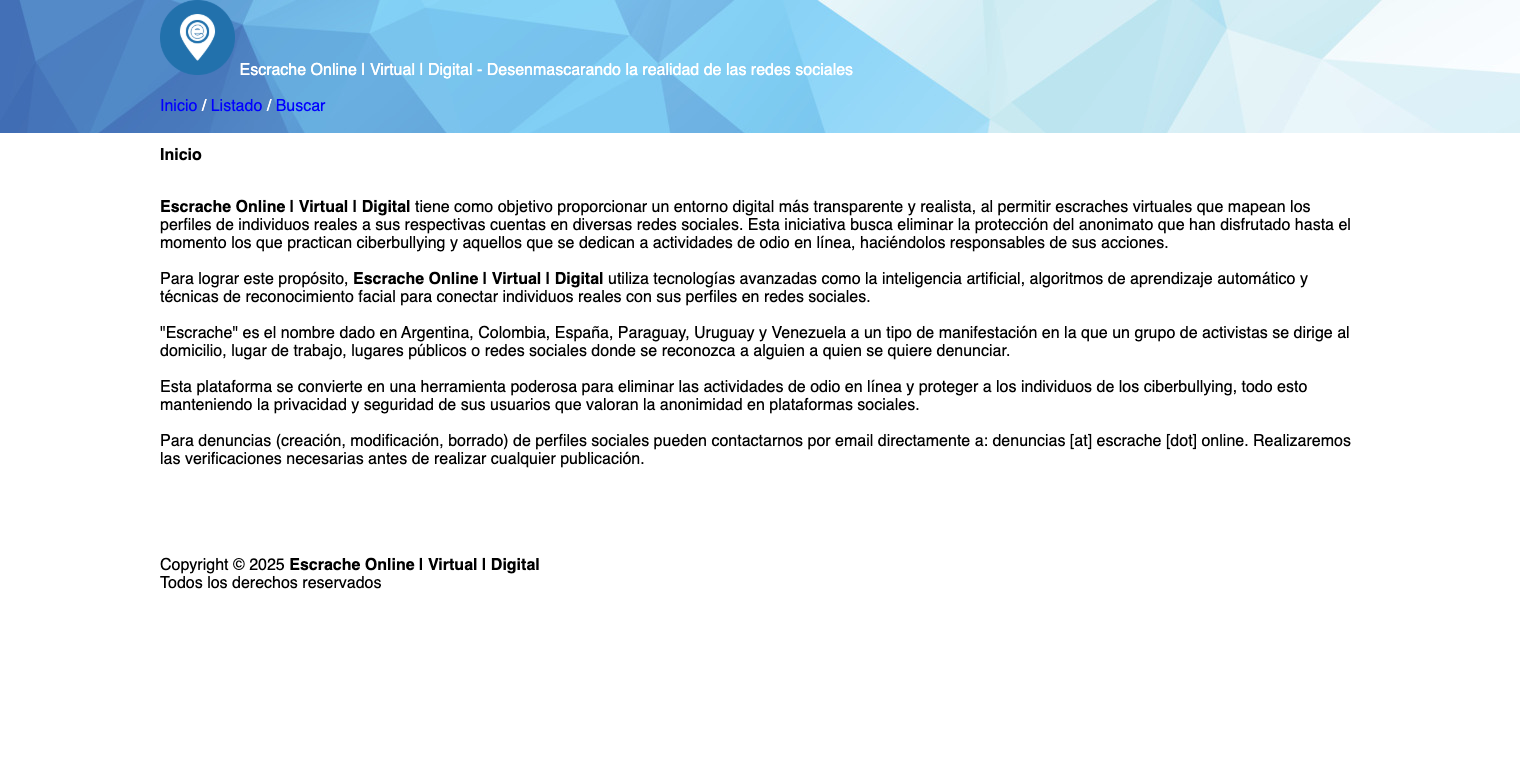Tactic Links - Organic Traffic Booster - Home
|
Path: Home > List > Load (umami.is) |
Home | About | List | Rankings | Search | Submit |
| domain | umami.is |
| summary | Umami is the Japanese word for "savory taste." It's one of the five basic human tastes, along with sweet, sour, bitter, and salty. Discovered by Japanese scientist Kikunae Imamura in 1908, umami is associated with glutamate, an amino acid found in various foods like meat, fish, vegetables, and dairy products. Umami contributes to a rich, full flavor profile in dishes, often described as "meaty," "brothy," or "savory." It's crucial for balancing flavors and enhancing overall taste perception. The taste receptors for umami are distinct from those for the other basic tastes, suggesting its importance in gastronomy. In addition to glutamate, other compounds like ribonucleotides (such as inosinate and guanylate) found in certain foods can amplify the umami taste when combined with glutamate, leading to a phenomenon known as "umami enhancement." This synergy is particularly significant in Japanese cuisine, where ingredients are often carefully selected for their umami content. Consumers and chefs alike recognize the impact of umami on food preferences and enjoyment. Enhancing umami in dishes can be achieved through various methods like fermentation, aging, or adding umami-rich ingredients like mushrooms, soy sauce, or Parmesan cheese. In summary, umami is a distinct, savory taste sensation that plays a vital role in culinary experiences by enhancing flavors and providing depth to dishes. Its discovery has led to a better understanding of the complexity of human taste perception and its significance in gastronomy. |
| title | Umami |
| description | Umami |
| keywords | |
| upstreams | |
| downstreams | |
| nslookup | A 104.26.0.192, A 104.26.1.192, A 172.67.70.186 |
| created | 2025-11-09 |
| updated | 2025-11-09 |
| summarized | None |
|
HIGHSPOTS | |
 tacticlinks.com | |
 lhapsus.xyz | |
 whimed.com | |
 cluebit.com | |
 decoupled.ai | |
 shuken.io | |
 greenpeace.org | |
 escrache.org |
Traffic Boost by Tactic Links
[took: 4267 ms]